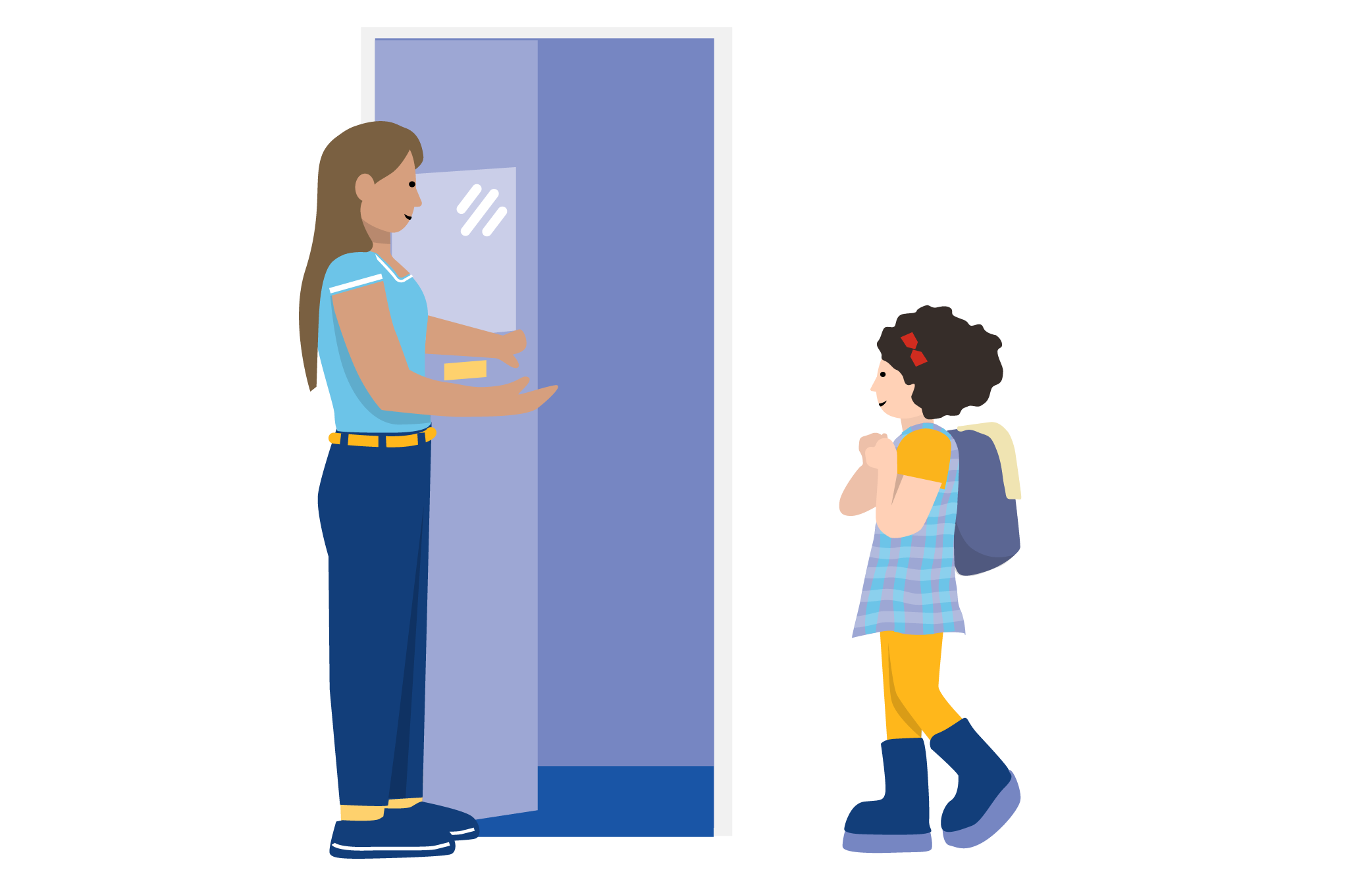Mental health support

All educators at your early learning service or school should be familiar with a common language and strategy that children and young people can use if they’re experiencing a mental health issue or condition. A whole-service or whole-school culture can encourage help-seeking behaviour among children and young people in these situations.
Research shows strong links between mental health issues and conditions, behaviour, and attendance and academic performance. And as part of growing community awareness, as an educator, you may recognise these links.
You’re not responsible for providing mental health diagnoses, assessment or treatment. But it’s important to be aware of your obligations and duty of care if you have concerns about a child or young person’s mental health – and about how to collaborate with your colleagues to address those concerns.
Before recommending additional support
1 Module
As an educator, your knowledge and experience of children and young people, and your relationships with them and their families, p...
Digital mental health
2 Modules
Digital mental health is an effective way of providing support to children and young people.
Help-seeking in early childhood
2 Modules
Asking for help can act as a protective factor for a child’s mental health and wellbeing.
Help-seeking for children and young people in schools
2 Modules
Asking for help can act as a protective factor for a child or young person’s mental health and wellbeing.
Overview of mental health services
2 Modules
An overview for educators of mental health services in Australia.
Recommending additional support
2 Modules
Plan ahead for conversations with colleagues, the child or young person and their family.
Using online tools for mental health promotion
2 Modules
Online tools can promote positive mental health and provide support to children and young people.